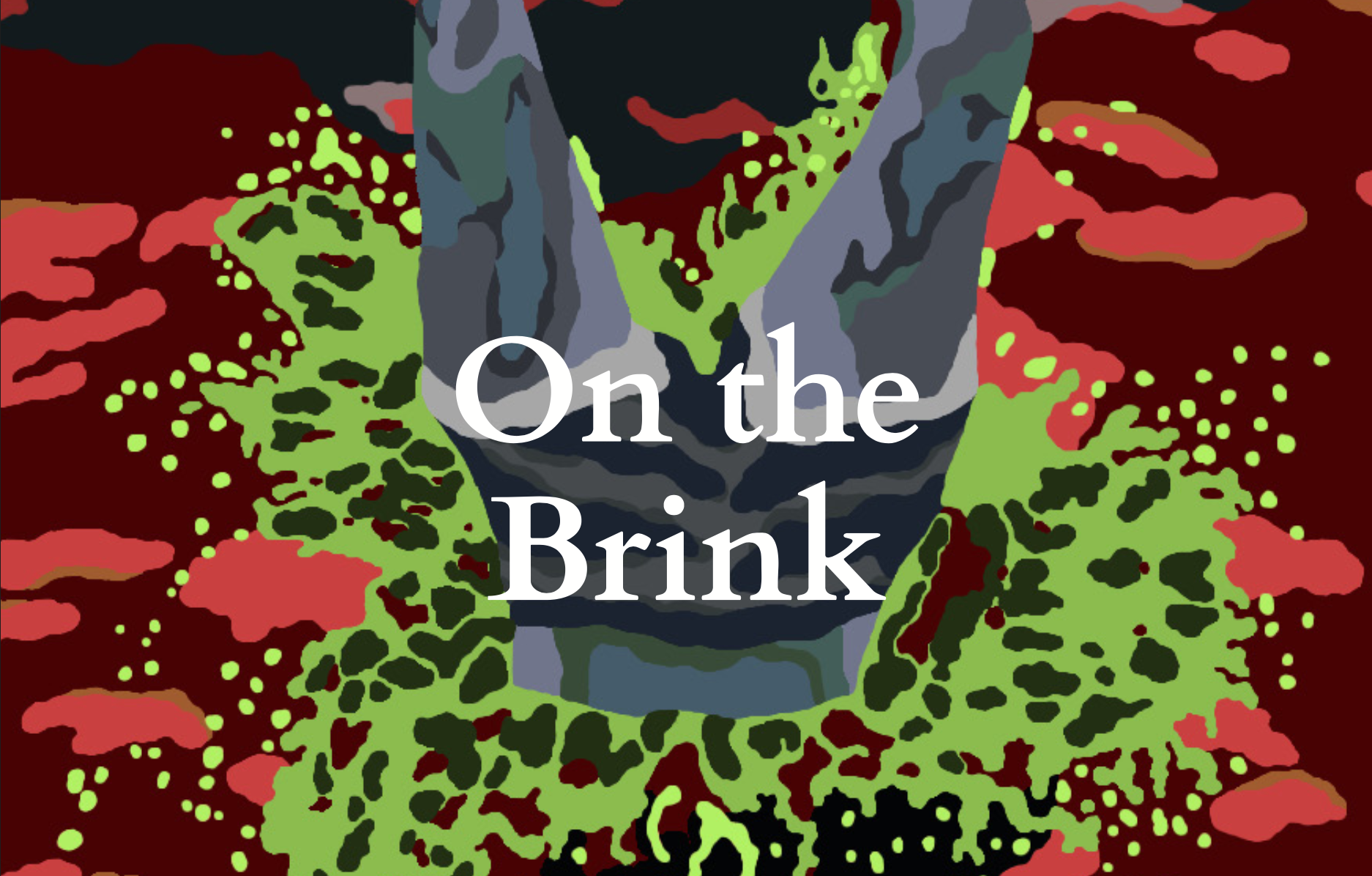The latest copy of The Economist sparked a flurry of discussion upon its release this past week. On the cover, UK Prime Minister Liz Truss stands grinning at the bow of a boat labelled “Great Britain” as it tips stern-side into the water, moments away from sinking. Similarly, last week’s Guardian cover, captioned “Free fall,” depicts a hot air balloon decorated with the Union Jack plummeting to the ground, with Truss and Chancellor Kwasi Kwarteng in its basket.
These images encapsulate the feelings of a nation petrified, seemingly standing on the verge of disaster. And this palpable sense of crisis is not just felt here in Britain. Whether Sri Lanka, Haiti or Argentina, people across the globe have taken to the streets protesting the skyrocketing costs of basic essentials due to rampant inflation. As the Ukraine-Russia war drags on, resulting in countless tragic casualties, the possibility of a nuclear attack becomes more terrifyingly real. Meanwhile, authoritarianism has continued to spread, tipping the global scale towards dictators rather than democracy. And just when we thought the impact of the pandemic was waning, new variants continue to emerge, putting at risk the most vulnerable in our societies. No matter where we look, there seems to be a consensus that we are living in a world that is increasingly in turmoil.
For this issue, we challenged our contributors to send us pieces about this feeling of being ‘on the brink’—to ponder what it means when the world stands on a knife-edge.
But being ‘on the brink’ does not need to imply impending, unavoidable catastrophe. Armed with both determination and creative solutions, it’s possible that, just before stepping off the precipice, we may divert our current course. In other words, being at a critical turning point can instead mean being on the brink of a better world. While we may feel we are being swept along by uncontrollable forces, the power of agency means we are not condemned to being victims of determinism.
The pieces in this issue reflect this need to grab the reins and direct us down a new path.
No doubt the most pressing matter of our generation is the climate crisis. Ashwin Telang debates what rich nations who have disproportionately contributed to emissions owe to poorer nations. Fonie Mitsopoulou’s piece asks whether we can build a climate-friendly urban future that is not just restricted to the rich. Ming Kit Wong’s interview with Professor George Claeys pushes us to consider how a utopian political theory can compel urgently needed action on climate change.
Two authors contemplate the state of democracy. Ben Dinsdale discusses how a new right-wing populist movement threatens Canada’s reputation as a dependable liberal democracy. Jack Porter, on the other hand, evaluates whether the use of big data in the US can help bridge the gap between political decision-makers and their constituents.
Other contributors turn towards economic matters. Justas Petrauskas argues that the expansion of the state, particularly in the economic sphere, is actually the best method of preserving individual freedom. Simon Hunt reviews the bankers bonus cap in the UK, noting it was first introduced in response to one financial crisis and how it is now being scrapped in the face of another. Parvez Alam’s piece invites us to reflect on how, even in fictional post-apocalyptic worlds, crises of capitalism remain pervasive.
Finally, our last set of writers tackle crises of international conflict. Haitong Du analyzes tensions between US and China over Taiwanese sovereignty. Prabhav Sharma and Armaan Angra dispute the conventional interpretation of India’s diplomatic stance towards China, arguing the South Asian country has adopted a policy of strategic deniability. Jeffrey Love examines the failed use of private military corporations to counter radical Islamic extremist groups in Mozambique.
We hope that these articles, although discussing some of the hardest challenges of our times, will inspire optimism and action, rather than despair.
I would like to extend a huge thank you to our contributors. It is truly a privilege to have such fantastic authors entrust us with their pieces, and I am delighted to see their hard efforts finally being released for all to read.
I’m also incredibly thankful for the dedication of the editorial team. The OPR would be nothing without our editors who work tirelessly to help shape these pieces into the best they can be.
Finally, I would like to thank and acknowledge the continued support of our readers. From the UK to India, Indonesia, Hong Kong, the US, Zimbabwe, Australia, Nigeria, and beyond, we are honoured to have garnered such a global readership. I am excited to see where the next year will take the OPR as it continues to grow.

